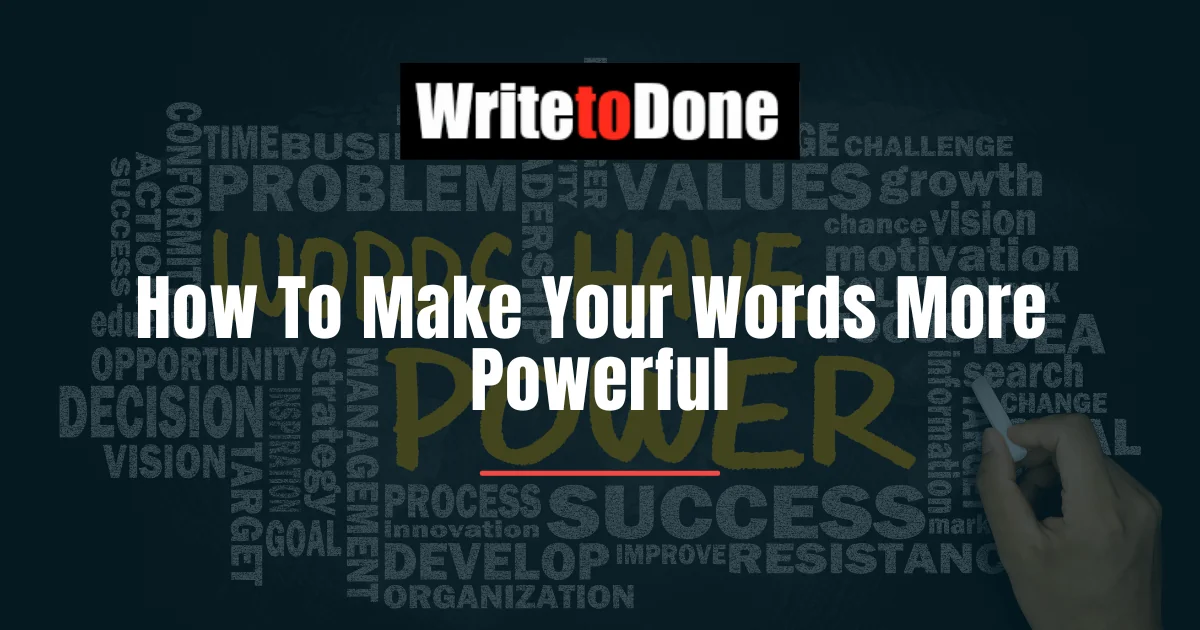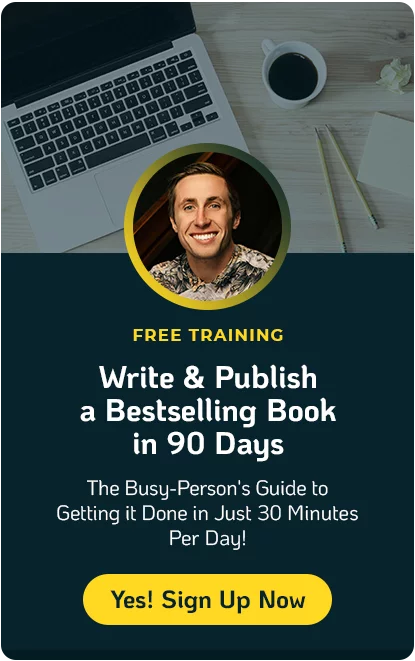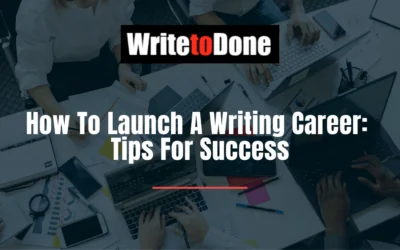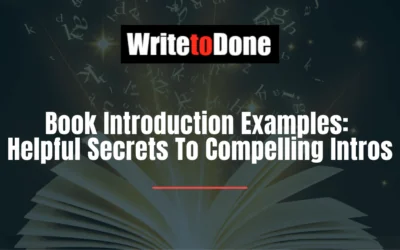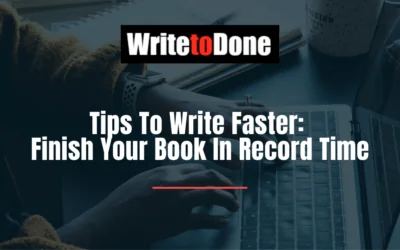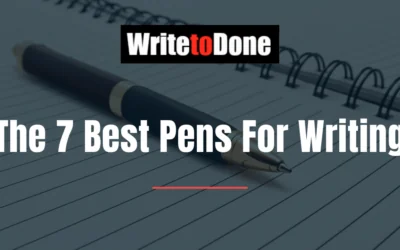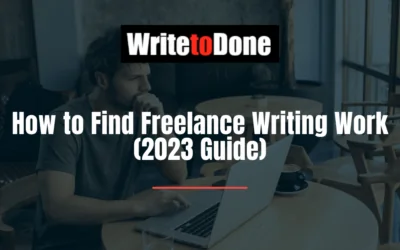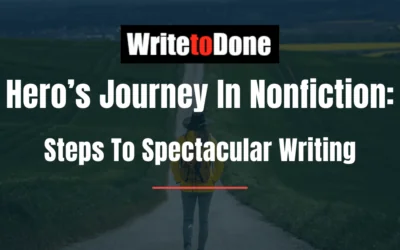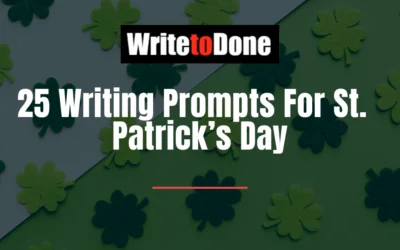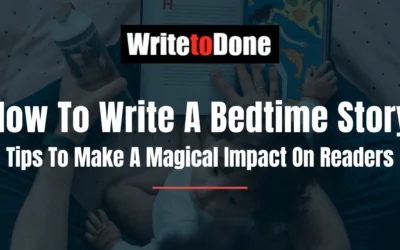“Revision is one of the exquisite pleasures of writing.” – Bernard Malamud
Sometimes it’s just good to know when to shut up.
The problem with a lot of amateur writers is that they can be long-winded, writing in a few paragraphs what could be said in a few sentences. They might think they’re impressing people with their flowery prose or thought-out arguments … but really they’re losing the reader.
Most people don’t have time to wade through long paragraphs for a few nuggets of information. Do the reader a favor by getting to the point.
I can’t claim to be the world’s most concise writer. I have certainly written my share of long posts — but my goal is to pack my posts with useful information. You can’t do that in a couple paragraphs, but you can try to edit all extraneous words and information and just have the essentials.
Here’s a quick guide to doing that.
1. Do just one thing, and do it well. Know from the outset what you’re trying to do with any writing piece, whether that’s a post or a short story or a magazine article or a novel. The piece should have one main purpose, and you should start your writing by defining that purpose. I usually try to do that with my post title (or “headline”). If you don’t define your purpose, you might have several aims, and that diffuses the power of your writing. Trying to do too many things at once is a sure recipe for wordiness and confusion.
2. Write, then revise. When you’re doing your first draft, there’s no need to be concise. Just type away, and let the words flow. Don’t stop yourself. Then go over that first draft, closely examining each sentence and word to ensure that they’re necessary to achieve the purpose of the piece. Then revise again. Revision can be daunting, but it doesn’t have to be: it’s simply reading your own work with a critical eye, and it’s necessary if you want to write well. The art of writing is really the art of revision.
3. Learn to revise in your head. Once you’ve done enough revision, it can become an automatic process. I wouldn’t recommend this for beginners — do revision after you do your first draft — but for the more experienced editors, revision becomes something that’s part of the writing process. You begin to test out phrases and words for their sound, and begin to shorten things as you go. It’s a good skill that cuts back on revision time later (though you will still need to do that). I revise as the thought is flowing from my head to my fingers, and then I revise what I just typed as I go along, and then I go back and revise that first draft when the whole piece is done.
4. Eliminate the non-essential. If you know the essential ideas you’re trying to communicate, try to identify the non-essential ones. Would the piece be just as good without it? Sometimes we feel things are essential, but if we eliminate them, the piece isn’t hurt at all. If you’re not sure, try it without the word or phrase or sentence. Always keep in mind your purpose (see No. 1 above) so that you know what’s essential — only the words and sentences necessary to achieve that purpose, and no more.
5. Learn the common mistakes. After awhile, you’ll see common phrases that can be shortened. “The fact that” is almost never necessary, for example. It adds extra words without adding meaning. I could provide a list of common extraneous phrases, but I think it’s better to learn them as you go — you get better at spotting them that way, and better understand why they’re unnecessary.
6. Read The Elements of Style. A concise guide to writing concisely. It’s a classic for a reason — there is no better guide to eliminating excess words.

